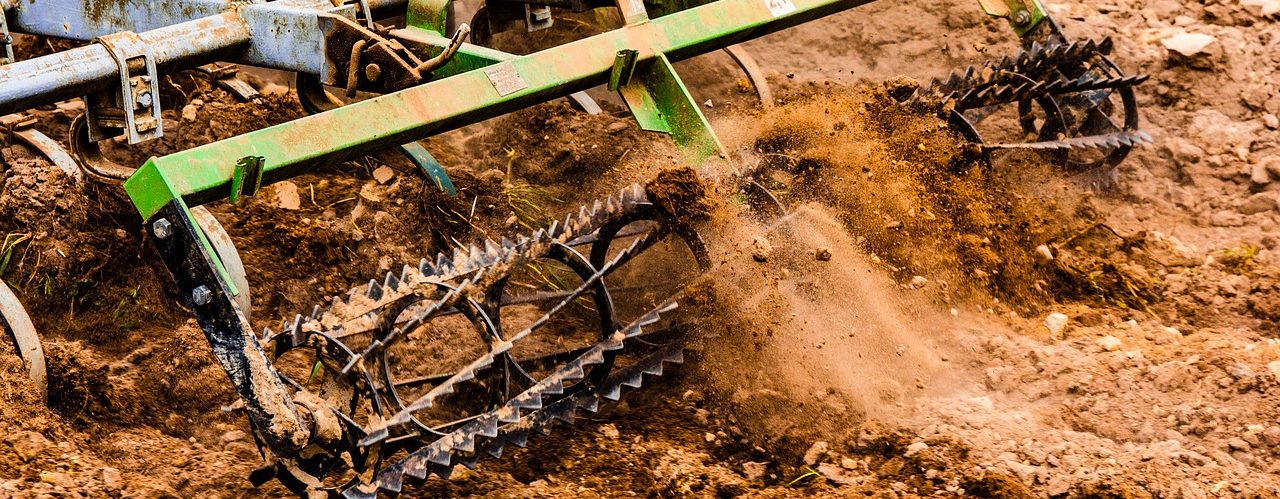So much of the parsha centers on Yosef, but I think it is important for us to think about Yehudah as well.
The Parsha begins with a showdown between Yehudah and Yosef. Besides for the immediate issue of Binyamin, there was a natural friction between the two of them. Yehudah was the king of Israel, yet Yosef was the apparent leader. He had all of the keys and all of the charm. In the dreams they were all bowing to him. Although they didn’t know it at the time, they were having an argument that would last for centuries. Eventually, we would be split between the Kingdoms of Yehudah and Ephraim.
Yosef was an Ish Matzliach. He had a difficult life, but everything that he put his hands on was blessed. All of his endeavors were successful.
Yehudah did not have that same mazal. Yehudah walked around for years knowing that he was the one who told the brothers to sell Yosef. He had two children, Er and Onan, who both died. Then he had the difficult story with his daughter-in-law, Tamar. Finally, last week, he took responsibility for Binyamin, and Binyamin was caught. Everything seemed to go wrong.
The Torah discusses plowing and reaping. There is a big difference: When you plow the field, you don’t see anything. It looks like a lot of dirt and mud. If someone comes and sees you plowing, he might think you’re not doing anything at all. But when someone is harvesting, you can see something happening. You can pick an apple or an orange and eat it for lunch.
The plowing is less rewarding and also more important. It is the one who did the plowing that put in the effort so that whatever would be planted there would grow.
The Zohar writes that Yosef is the harvester but Yehudah plows. In Vayigash, Yosef appeared to be getting his way in a very shortsighted way. He arrested Binyamin for simple possession of the goblet, but Yehudah had an entire story to tell. He told Yosef that he cannot make a decision based on the goblet alone.
Yehudah must be very frustrated. He had finally convinced Yaacov to let him take Binyamin and here this went wrong as well. He was about to lose his portion in the world to come. It was only later that it emerged that everything had worked perfectly. Yosef had become a leader in Mitzrayim because of Yehudah’s sale. Now, he was overwhelmed to tears and revealed himself thanks to Binyamin’s presence.
Everything worked out in the end. Yehuda was right and, in fact, he was sent by Yaacov to establish a place of Torah in Goshen before everyone else arrived. Yehudah had a sense for the long term success of Klal Yisroel.
A few years ago there was a Television show in Norway broadcasting a seven hour train ride. More than a million people watched, so they did another with a one week boat ride. More than half of Norway, including the Prime Minister, watched the show. Now they are working on knitting shows, bird-watching, and fishing. It took them three hours to catch the first fish. It is extremely boring, but people are getting very into it. There was one man who watched the entire train ride from start to finish. At the end, he stood up to get his luggage before he remembered that he was actually in his living room. There were studies done on why people are attracted to this kind of television, and the answer is fascinating. Television and radio nowadays is so fast paced, there is no waiting time at all between one event and another. It holds our attention but it is not natural, because life happens in real time.
This is the difference between Plowing and Reaping. Reaping gets us immediately satisfied, but plowing is equally important. It just takes time. And that is the natural reality of most things we do.
Yehudah was not a man of immediate successes, but he was responsible for saving Yosef, for bringing us to Mitzrayim and for leading the Jewish people.
The Pasuk in Amos (9:13) says, “Venigash Choresh Bekotzer” – “the one who plows the field and the one who reaps the harvest will get together when Moshiach comes”.
Yehudah and Yosef will come together at the end of days. At that time our efforts will meet our successes and everything will become clear. Ha’zor-im B’dimah; B’rinah Yiktzoru.


0 Comments